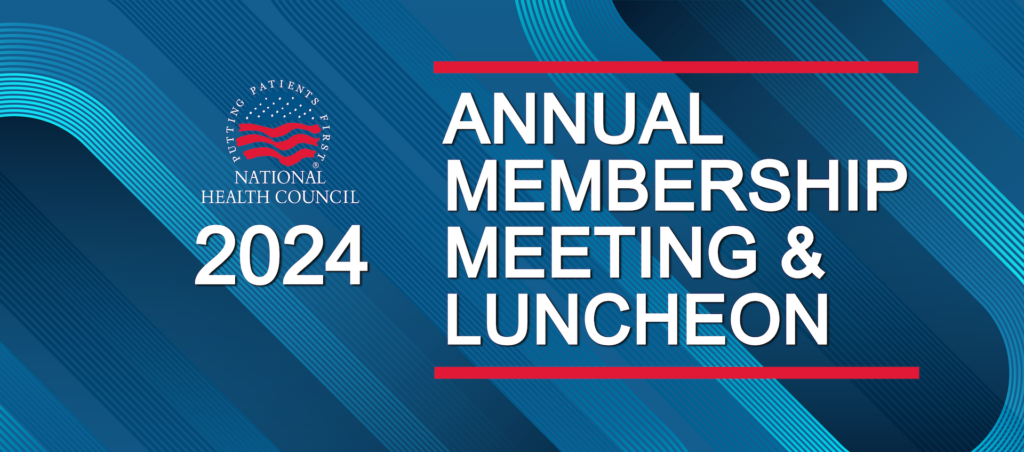

Debt Ceiling Legislation Passed
By: Allen Pinn, Coordinator, Policy
After months of back and forth between President Biden and Speaker McCarthy, a debt ceiling package was signed into law on June 3, suspending the debt ceiling until January 1, 2025, and avoiding economic catastrophe. The bill includes some major victories for patient advocates, but several provisions will also present challenges moving forward.
Late Saturday, May 27, a deal was announced between Speaker McCarthy and President Biden. Following the announcement of that deal, the House passed H.R. 3746 – Fiscal Responsibility Act of 2023 in a broad, bipartisan manner with a vote of 314 – 117. Despite facing criticisms from both progressive Democrats and freedom caucus Republicans, a total of 165 Democratic members and 149 Republicans members voted for the legislation. Once the bill arrived in the Senate, the legislation again passed in bipartisan vote of 63-36.
The final package expanded work requirements for the Supplemental Nutrition Assistance Program (SNAP) and Temporary Assistance for Needy Families (TANF) program. In their original package, House Republicans would have also applied these requirements to able-bodied adults with no dependents to access Medicaid coverage. This portion of the package drew large criticism from the patient/caregiver communities, prompting swift actions. In a victory for patients, the final passage includes no changes to Medicaid.
The National Health Council (NHC) and multiple partner organizations led efforts to eliminate Medicaid work requirements from the final debt ceiling package. The NHC expressed how Medicaid work requirements would create more barriers for individuals seeking health care and result in lost coverage for millions of adults. According to the Kaiser Family Foundation, nearly half (48%) of Medicaid beneficiaries already work full-time jobs and another 30% worked part-time, discrediting messaging in support of work requirements that most Medicaid beneficiaries are unemployed. Instead, proof-of-work requirements would likely lead to people who are eligible for Medicaid losing their coverage if they did not meet paperwork requirements. The exclusion of Medicaid work requirements is seen as a major, yet temporary victory for patient advocates. Medicaid work requirements will likely be proposed again in other debates and another galvanizing effort will need to be implemented.
Overall, the legislation would cap non-defense discretionary spending in fiscal year 2024 and rise by 1% in FY 2025. In a provision that could prove to be consequential for future spending packages, if all 12 appropriations bills are not passed by January 1 of the following year, discretionary spending would be reduced by 1%, and defense spending would be protected. The spending limits and the new mechanism to encourage passage of appropriations bills will create significant issues as advocates work to fund programs at agencies such as the National Institutes of Health and the Centers for Disease Control and Prevention that are critical to patients.
Other significant measures that remained in the package included preserving funding for veterans’ health care, rescinding $28 billion in unutilized COVID-19 relief funds, and maintaining climate & clean energy provisions made in the Inflation Reduction Act.


